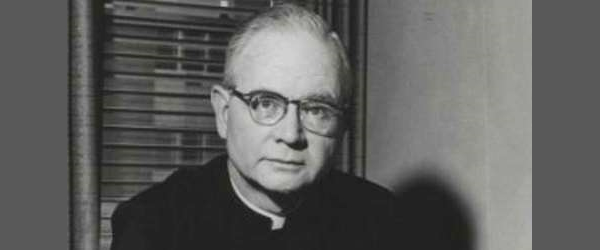
The late Rev. J. Gregory Mulhall of the Diocese of Albany
In 2023, a chap came forward to the Diocese of Albany to claim that Fr. J. Gregory Mulhall "physically assaulted" him as a "vulnerable adult" many decades earlier.
A year later, just last year, the diocesan review board told Bishop Edward B. Scharfenberger that it had concluded that the accusation against Mulhall was "credible" and that the priest should be added to its public list of "credibly accused priests."
What did Fr. Mulhall himself have to say about all of this? Well, Mulhall died at age 90 in 2001, nearly a quarter century ago, and had already retired back in 1985 after serving nearly a half century in ministry. Mulhall was ordained in 1937, when Franklin Delano Roosevelt was President.
A 'credible' accusation?
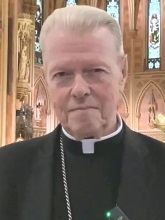
Bishop Edward B. Scharfenberger of the Diocese of Albany
It turns out that Mulhall's accuser had stormed into a church rectory back in 2016 and told the secretary that Mulhall had physically assaulted him back in the 1980s. The secretary immediately notified police, even though Mulhall was already long deceased by then. Police reports, our sources say, reveal that the accuser had little or no credibility and that the accuser had previously falsely accused a cousin of stalking him.
At the request of Fr. Mulhall's surviving family members, the diocese re-opened the investigation last year. But the diocese halted its new investigation after it learned that the accuser had died. But Fr. Mulhall will now remain on Albany's list of "credibly accused" priests, and the priest's reputation will remain sullied forever.
Opposing the will of the Vatican?
Many times over the years here at TheMediaReport.com, we have challenged the fairness of dioceses' publications of lists of "credibly accused" priests, whatever that means.
Well, it turns out that the Vatican has recently taken issue over these lists as well. In a letter (pdf) last September on this very topic, Vatican officials decried how "the determination of whether an accusation is 'founded' often rests on a non-canonical foundation and requires a relatively low standard of proof, involving the publication of the name of a person simply accused, but of an unproven accusation, without the benefit of any exercise of the right to defense."
The letter then concluded that these lists can be especially problematic "when it concerns deceased persons." Indeed. Deceased priests just like Fr. Mulhall.
The bottom line: Even the Vatican understands that these lists are an affront to any sense of fairness or justice. And while "victims" groups (like the anti-Catholic hate group SNAP) and the media will go bonkers, the time has come for the Church to end its practice of publishing the names of priests whose cases were never fully adjudicated.
If the Church is to stand for fairness and justice, diocesan "lists of credibly accused priests" need to be ended.
————————————-
On this same topic, we highly recommend the following article:
"Who's Really Calling the Shots at U.S. Diocesan Chanceries?" by Michael J. Mazza (First Things, February 24, 2025)
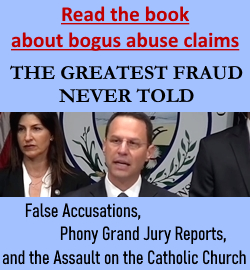

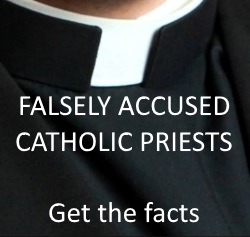
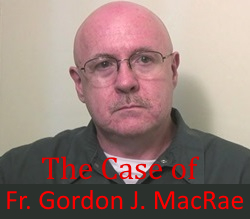
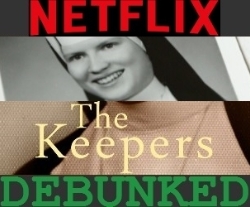
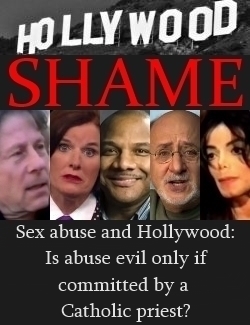
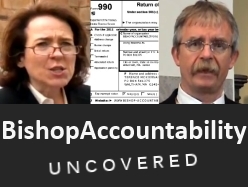
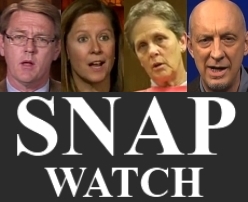
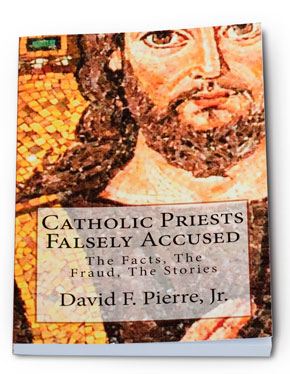
Totally, agree.